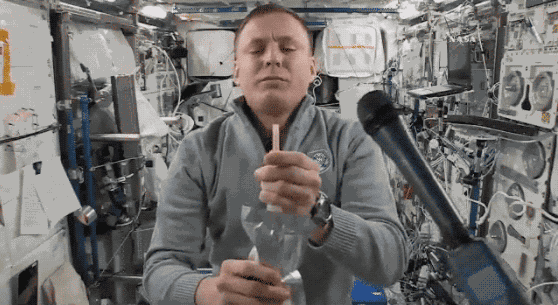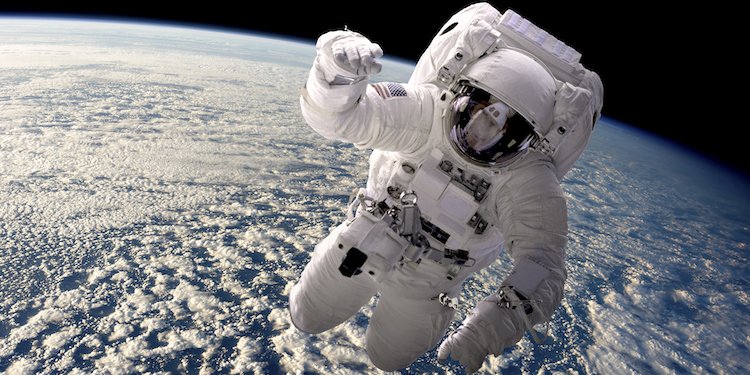Photo: Marc Ward/Stocktrek Images (Getty)
Now, whether or not they’ll want to will be a different story.
According to Digital Trends, there will be no need for Taco Bell in space in the future because astronauts looking to eat shit will apparently be able to chow down on their own.

NASA gave researchers at Penn State University a crapload (pun intended) of money in 2009 to “develop technology for breaking down solid and liquid waste and transforming it into food that’s hygienic and safe for humans.”
Well, they appear to have figured out how to do it, and the resulting “food” is high in both protein and fat. That’s great news for those future astronauts looking to maintain a strict Atkins diet.
Digital Trends:
The proof-of-concept system the Penn State researchers built involves sending human waste through a fixed-film, plug-through anaerobic reactor which converts the organic matter into methane and carbon dioxide. The reactor uses a plastic media with a high surface area-to-volume ratio, and is typically used in aquariums and ponds to treat ammonium from fish waste.
“In our reactor, this plastic media provided a surface for the bacteria to attach so the waste material could flow through the reactor and past these microbial biofilms, where the attached microbes would remove organic matter and other nutrients,” Steinberg told Digital Trends. “A special group of bacteria in the reactor, named methanogens, produce methane which we used to grow methylococcus capsulatus, a methane-consuming microbe. Using the gas from the anaerobic reactor allowed us to prevent the transfer of potential pathogens or other unwanted microbes into the reactor growing M. capsulatus.”
Terrific.
In a related story, I’ll be skipping dinner tonight.









